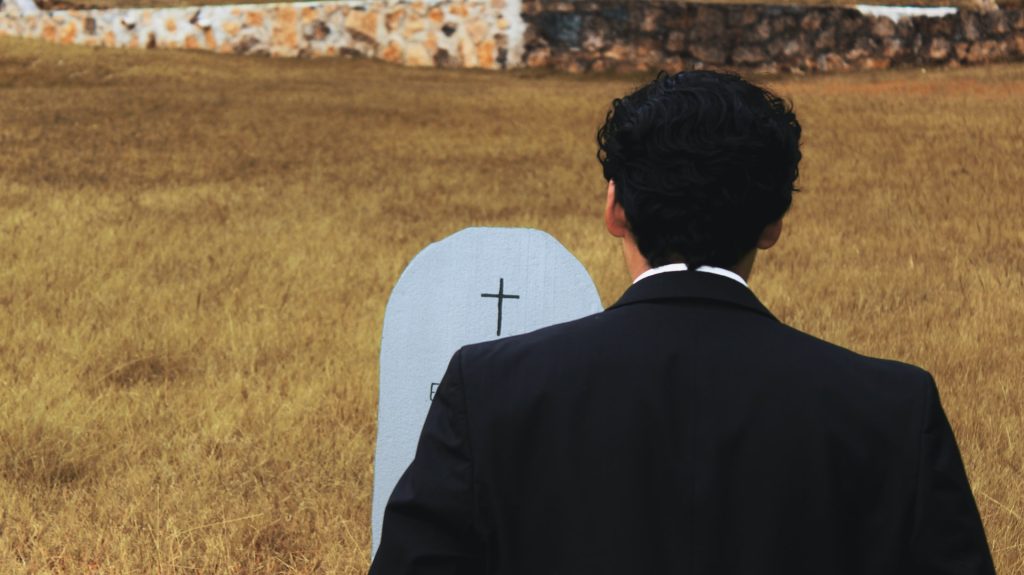
Culture, religion and funerals
Culture, religion, and funerals are generally more or less relative concepts. The first two concepts can have an influence on the development of the third. And vice versa, death has pushed most societies to develop funeral rites and a way of mourning in order to pay tribute and respect to the deceased. Thus, we invite you to read this article. We have gathered the necessary information to help you know more about the subject.
Definitions of concepts
Culture

To understand the concept of culture, the United Nations Educational, Scientific and Cultural Organization, commonly known as UNESCO, defines culture as follows: “In its broadest sense, culture can now be regarded as the set of distinctive spiritual, material, intellectual and emotional features that characterize a society or social group. It includes, in addition to the arts, letters and sciences, ways of life, laws, value systems, traditions and beliefs.”
Religion

In reference to the definitions provided by the Centre National de Ressources Textuelles et Lexicales, religion designates both the relationship of Man with what he considers to be a superior being or a divine and the belief in the existence of a supernatural order. This, in a way, gives rise to and governs the various ritual practices or the rules of community life. The same is true for the establishment of “highly” organized religious institutions.
The funeral

The word funeral can be defined as the ceremony related to the burial or cremation of a deceased person.
Comparison between the funeral process in the West and in Madagascar

As we saw earlier in the definition of culture, the funeral process can change from one country to another, from one continent to another. For example, funerals in Western countries are usually held in a church and presided over by the head of the church. Alternatively, it can be held at home, at the crematorium, or in a room of reflection. During the funeral ceremony, the relatives of the deceased speak and give eulogies to pay tribute to them. After the funeral, the people present at the funeral can come to the remembrance drink (reception organized by the relatives of the deceased in their home) in order to share the good moments spent with the deceased.
On the other hand, in Madagascar, funerals are held differently. Indeed, during the day of the funeral, the relatives of the deceased (usually his family) prepare a meal to be served to all those who attend the funeral.
Then, a first ceremony is organized at the family residence of the deceased before the burial and the religious ceremony, which will take place at the church. After the second stage of the funeral, the body of the deceased is taken to the place of burial. During this time, the people in charge of the family tomb, called “valala mpiandry fasana”, already prepared the place where the deceased’s body will be buried.
Then, a final ceremony is performed before the actual burial. Once the burial is over and while the “valala mpiandry fasana” proceed to the closing of the tomb, a representative of the family of the deceased, particularly an elderly man, takes the floor to thank all the people who attended the funeral and who came to support them.
Final thought

Remember, whether you believe in God or not, it takes nothing to respect someone and to treat them as human beings. Decency should be our religion. Personally, I’m an atheist, but I respect all my friends who follow religion and believe in a higher power. I don’t believe in any religion that condemns a group of people based on their sexuality or how they love. But that is just my personal belief.
Sound off in the comments section below and tell us your thoughts on death and religion.
I am personally not afraid of death because I think we are on Earth for a good time and not for a long time. My thoughts are reflected in Tecumseh’s quote. I will end this post with this thought-provoking quote that all of us should know and use as our new mantra:
“When your time comes to die, be not like those whose hearts are filled with fear of death, so that when their time comes they weep and pray for a little more time to live their lives over again in a different way. Sing your death song, and die like a hero going home.”